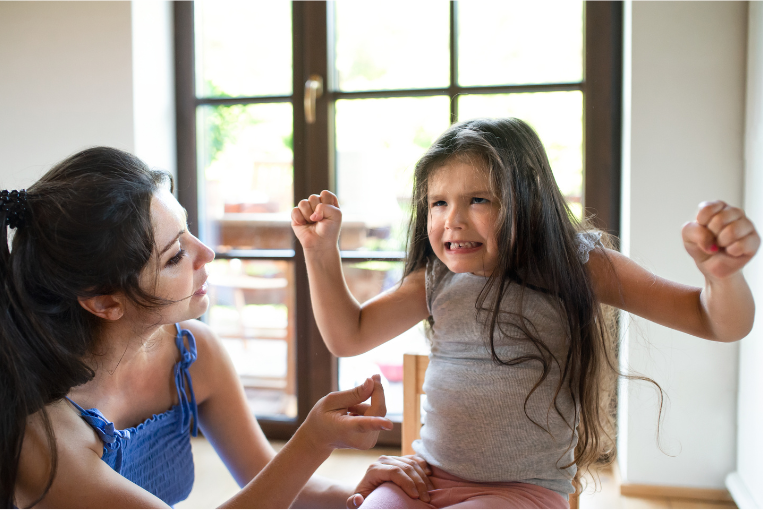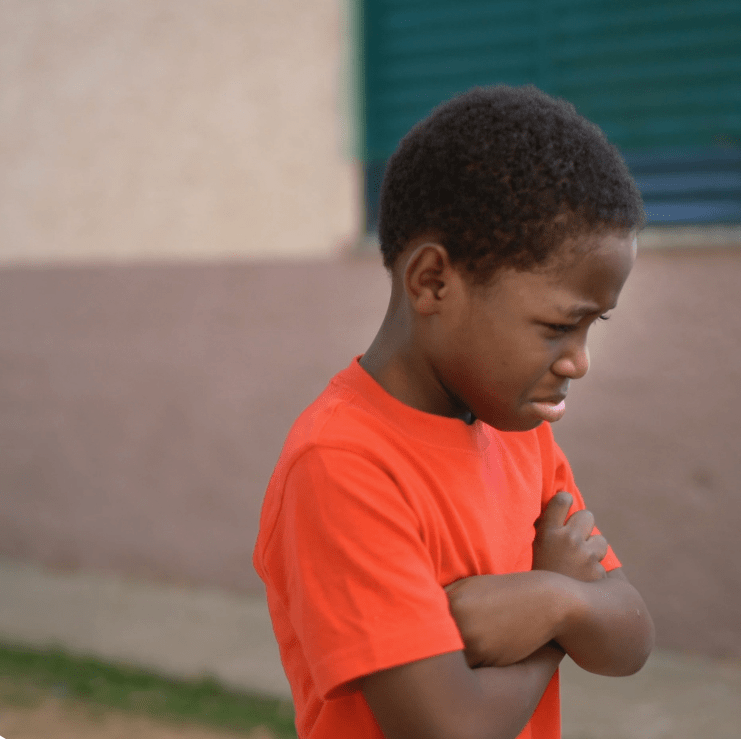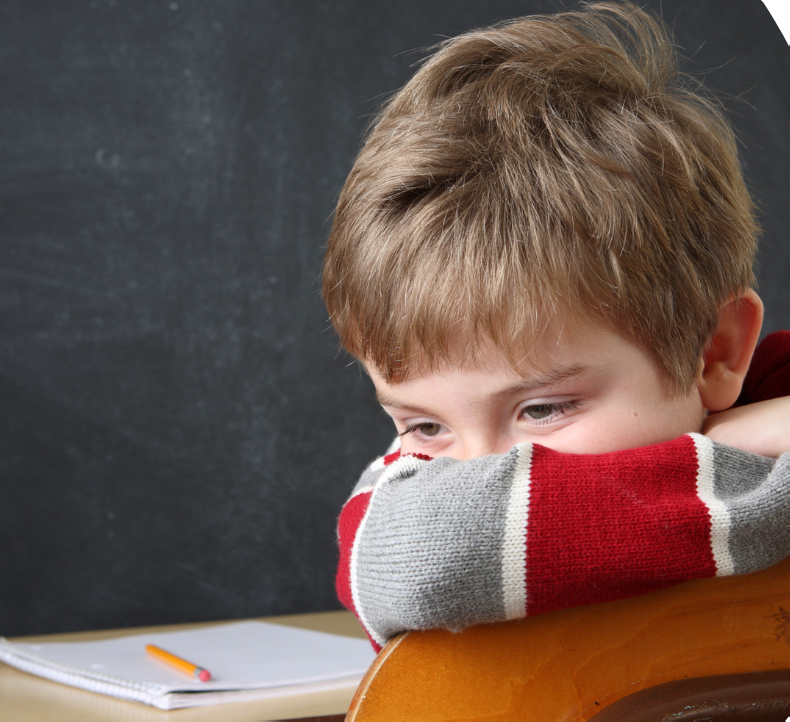Pediatric Mental Health
Mental disorders among children are described as serious changes in the way children typically learn, behave, or handle their emotions, which cause distress and problems getting through the day.
Many children occasionally experience fears and worries or display disruptive behaviors. If symptoms are serious and persistent and interfere with school, home, or play activities, a child may be diagnosed with a mental disorder.
However, Mental health is not simply the absence of a mental disorder. Children who don’t have a mental disorder might differ in how well they are doing, and children who have the same diagnosed mental disorder might differ in their strengths and weaknesses in how they are developing and coping, and in their quality of life. Mental health as a continuum and is best maintained with strong preventative education and skills.
childrensmh [at] createkidsedu [dot] org
The Services
01
Screenings
Anxiety screenings (GAD-7, SCARED), Depression Screenings (PHQ9M) , Self Harm Screenings (asQ), ADHD Screenings (Vanderbuilt), As well as food security, fitness and environmental reviews.
02
Prevention
Educational workshops on the nervous system and it's impact on mental health, family workshops and working groups, connection building events and activities.
03
Educational Basketball Games
Specialized basketball focused games that teach kids about the nervous system and body skills that can be used to cope.
04
Mentorship
One-on-one mentorship via our Basketball or Yoga Buddy programs, which pairs a local graduate student in a medical or mental health professional track.


Required enrollment documents
Our in-person pediatric mental health services are free but means tested and primarily for families in the Allapattah, Florida area. If you live in the area and would like receive pediatric mental health services at our facility get started by messaging us here.
*coming 2025
Our Services
- Pediatric mental health screenings for depression, anxiety, self-harm, ADHD and more
- General mental health and nervous system education through educational basketball games
- One-on-one mentorship for children with graduate students seeking mental health or medical professional tracks
- Play-based educational workshops on mental health for the entire family
- Selective and Indicated preventative interventions
- Bridging to local low cost and free resources
"What mental health needs is more sunlight, more candor, and more unshamed conversation."
Glenn Close

Approximately 50% of lifetime mental health conditions begin by age 14 and 75% begin by age 24.
Nearly 1:5 kids in the United States has a mental, emotional, or behavioral disorder. Children with special health care needs are at increased risk.
According to Children’s Mental Health (CDC), the following percentage of children at any given time experienced the following mental health problems in the United States:
- ADHD: >9% (ages 2-17).
- Behavioral problems: >7% kids (ages 3-17)
- Anxiety: 7% (ages 3-17).
- Depression: 3.2% (ages 3-17)
Mental health screenings allow for early identification and intervention and help bridge the gap.
We’ve found that early identification and treatment leads to better well-being for the child and entire family. Early treatment may also lessen long-term disability and prevent years of silent suffering.
Parents: You know your child best.
Early identification is important so that children can get the help they need. Make it a priority to teach your children that it is just as important to take care of your mental health as it is to take care of your physical health. If they are angry, worried or sad, shouldn’t be afraid to talk about their feelings and reach out to you, a trusted friend or adult. When a concern is present don’t hesitate to work with healthcare professionals.
Also keep in mind, Supporting children’s mental health also includes making sure children meet developmental milestones, understanding what to do when there is a concern, supporting positive parenting strategies, and improving access to care.
*Check out these CDC resources or some of the resources on our printables page or socials. They are so many tools to get started.

“When mental health is ultimately recognized as essential to physical health, not an extraneous element of it, then we will have access to true, complete, modern medicine.”
John Campo
The Challenge
The Goal

When might children benefit from an evaluation?
Younger children | Older children |
|
|
More than just a joyful place
A community that cares for a child's mental, emotional and physical health.
